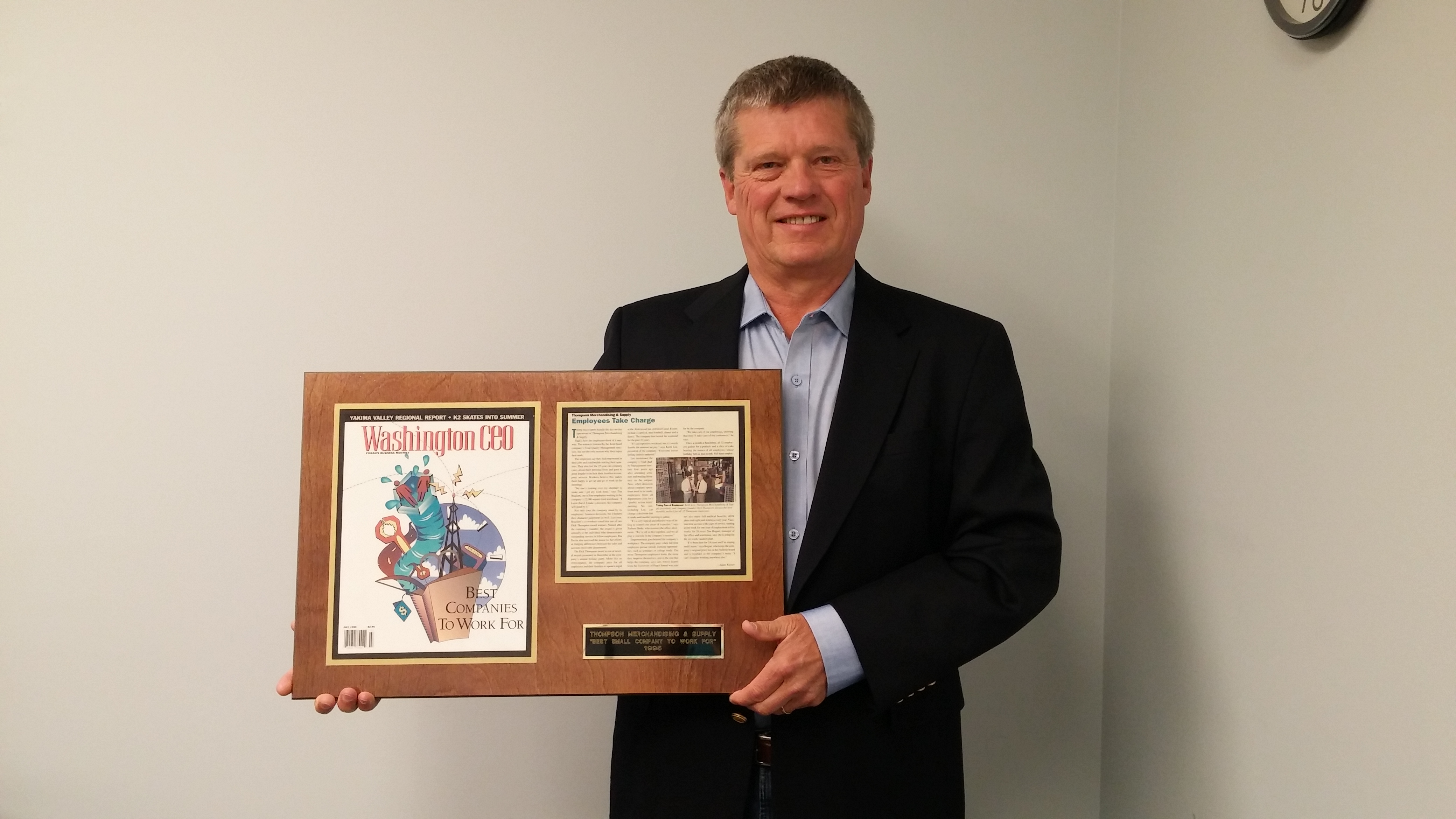My wife Patty and I spent almost all of April on a vacation in Australia, Indonesia and Singapore. Eighteen days were spent on board The Crystal Symphony cruise ship. Crystal is and up-scale, up-service and up-priced cruise line. Fares are at least double Princess, Holland America, Norwegian, etc.
If you’re smart, you’re NOT trying to be the lowest priced alternative in your business in your market. That’s a great way to go out-of-business.
While you don’t necessarily need to be the most expensive choice, you should be offering a premium product or service and giving exceptional customer service that warrants a premium price.
When you deliver a premium product or service
to your customer it’s hard for them to go back to ordinary
Note that word experience in the title of this article.
I’ve been on about eight cruises and I’ve enjoyed them all, but NONE was close to the emotional experience of Crystal.
Can you make what you do an emotional experience?
Go to the internet. Google Louis Armstrong’s, “What a Wonderful World” and start playing it now.
Picture this. You grew up in a lower income family. Vacations were great. You loved them. You got to see your cousins, every year.
I certainly never pictured myself on a luxury cruise ship in Bali, Indonesia.
You’ve been aboard for seven days now. You’ve been served by wonderful people from all over the globe. People who learn your name, find out something special about you, know when it’s time for you to switch from iced tea to a martini, ask where your brother and his wife are when they don’t see them with you, people who give you a sincere smile that shines from their entire face.
You’ve just had a wonderful time ashore discovering a exotic new land. You’re dressing for a casual dinner. You realize you’re leaving port so you step out onto your balcony as the sun sets and you hear Louis Armstrong’s, “What a Wonderful World” playing over the ships speakers.
“I see trees of green, red roses too
I see them bloom for me and you
And I think to myself what a wonderful world
I see skies of blue and clouds of white
The bright blessed day, the dark sacred night
And I think to myself what a wonderful world
The colors of the rainbow so pretty in the sky
Are also on the faces of people going by
I see friends shaking hands saying how do you do
They’re really saying I love you
I hear babies crying, I watch them grow
They’ll learn much more than I’ll never know
And I think to myself what a wonderful world
Yes I think to myself what a wonderful world”
Now you hear a winsome single cry from the ships fog horn.
By the time we left our last port, everyone was outside to hear Louis Armstrong and wiping away tears. No one on that cruise will ever hear that song again and not think of their Crystal Cruise.
The ship’s captain said it well on the last night with an old Irish toast.
Here’s to tall ships.
Here’s to small ships.
Here’s to all the ships on the sea.
But the best ships are friendships so
Here’s to you and ME!
Until we meet again.
And yes, we made new friends. With only 850 passengers, verses up to 6,680 on the biggest ships it was easy to meet people. We plan to visit Willie and Elaine Montgomery in Ireland in two years.
Yes, Crystal does some BIG things that help build that emotional experience. Their ships are smaller. Their food is 5 star every night. You can dine in the main dining room, or four specialty restaurants, and not pay extra (OK, you paid thousands EXTRA up front – but don’t miss the free specialty restaurants). You get free premium alcohol (free?).
But the reality is, it’s the little things that made the emotional difference. The waiters in the restaurants. The servers by the pool and lounges. The maids! The maître d’ who knew your name by day two, knew waiter and table you wanted, and then joked with you when he saw you at specialty restaurant rather than his main dining room.
What did it cost to play Louis Armstrong over the ships intercom – nothing?
What did it cost for the captain to give his wonderful toast – nothing?
What does it cost to hire and train staff the delivers Make-You-Happy Customer Service? Yep, there is a cost for this, but I contend hiring and training to deliver exceptional customer service has the biggest cost benefit ratio of anything you can do.
Click here and discover how to create customer service so good that people come back time and time again and enthusiastically tell other about you.




